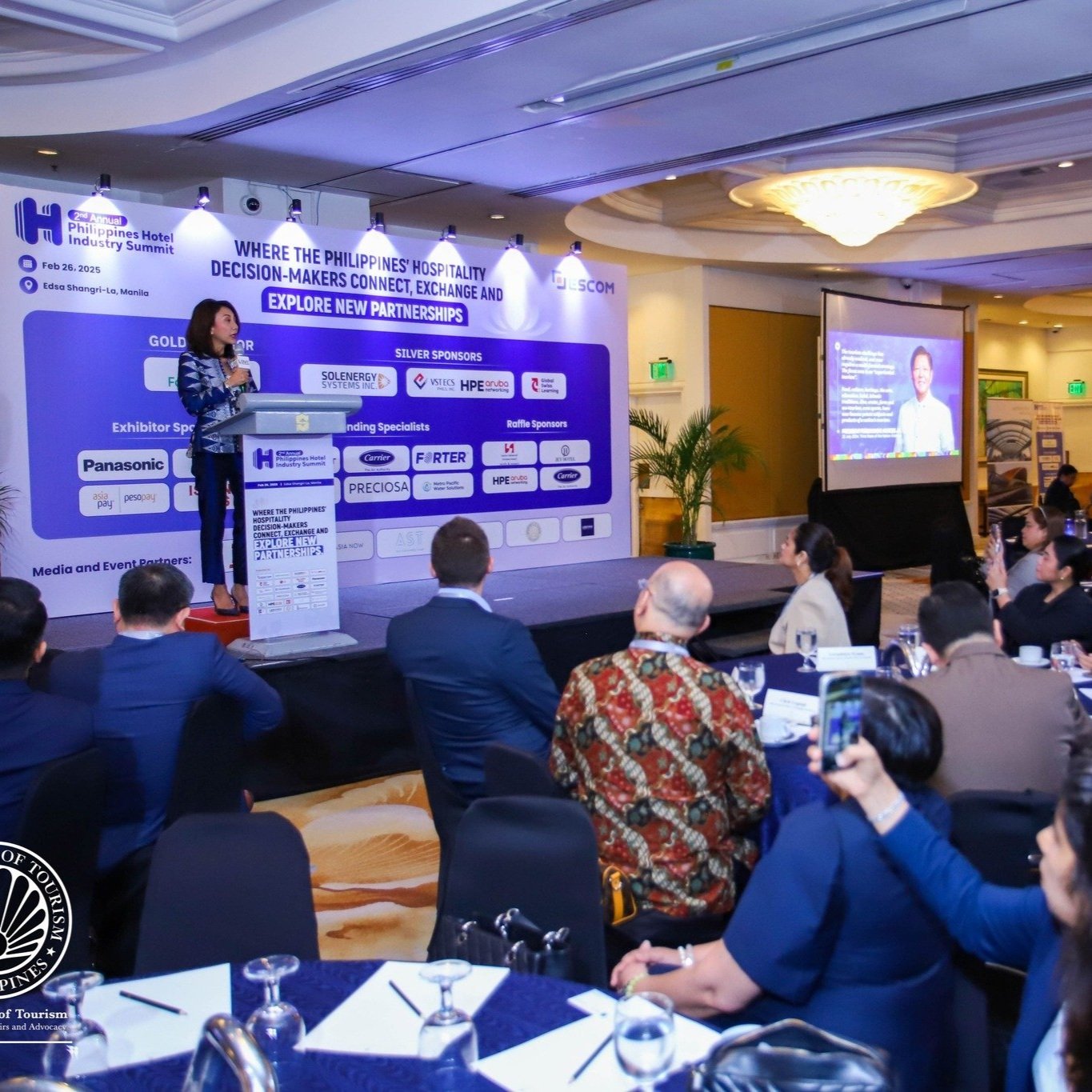Can a Sustainability Management Platform Transform Your Hotel?
Photo by Centara Hotels & Resorts
The hospitality and tourism industry is increasingly recognizing the importance of sustainability, with many hotels now taking steps to reduce their environmental impact.
However, companies may face difficulties in effectively implementing sustainable practices, despite their commitment to such initiatives, if they lack the necessary tools and resources.
A sustainability management platform can help bridge this gap and make a real difference to your hospitality business.
"Using a sustainability platform allows hospitality businesses to measure the impact of their operations," says Julie Cheetham, Managing Director of Weeva, a sustainability platform for holistic data management, measurement, analysis, and reporting, enabling users to take control of their own sustainability journey, map their own progress, and continually improve at a pace that works for them.
"I encourage travel and hospitality businesses to embrace technology. Tech enables meaningful insights into your business operations. And consistency is key. Essentially, the more data you input, the more you can understand the true performance and impacts of your business."
Julie Cheetham
Managing Director, Weeva
Are sustainability management systems becoming more widely adopted in Asia?
The level of software adoption in Asia varies depending on the region and the type of business. Some larger hospitality brands, such as Mandarin Oriental Hotel Group and The Ascott Limited, have been quick to adopt sustainability management platforms.
In contrast, smaller businesses in developing Asian countries, such as Cambodia and Laos, may not have the resources or awareness to invest in such technology.
However, with the growing demand for sustainable tourism practices, many businesses in Asia are beginning to recognize the importance of adopting sustainability management platforms.
As such, we can expect to see a gradual increase in software adoption as businesses become more aware of the benefits of sustainable practices and as technology becomes more accessible.
Let's take a closer look at how a sustainability platform can help your hospitality business.
It helps you to implement and track the progress of your sustainability goals. It lets you set targets for energy efficiency, waste reduction, carbon emissions, and more, and the platform provides data-driven insights and real-time analytics to monitor progress, identify areas of improvement, and achieve long-term sustainability goals.
It allows you to measure the impact of your sustainable operations and demonstrate these results to stakeholders, such as customers or investors. You can use the data collected to assess how well your efforts are paying off and communicate this information with confidence.
It encourages collaboration across teams. A sustainability platform makes it easy for different departments within your organization to come together and work towards a common goal. This allows you to ensure that everyone is on the same page, speeding up implementation and helping to drive change faster.
It saves time and resources. By automating processes such as data collection and analysis, a sustainability management platform can save you time, freeing up resources that can be used to focus on other aspects of your business.
The hospitality industry is under increasing pressure to become more sustainable, and a sustainability management platform is a perfect tool for helping you to meet this goal.
How to find the right sustainability platform for your hospitality business
1. Understand your current sustainability practices.
Start by evaluating your current approaches to sustainability, such as waste management, energy efficiency, and carbon emissions. This will help you define the areas where a sustainability platform could add the most value to your business.
2. Research available platforms.
Once you have established what features you need from a sustainability platform, research what’s available in the market that meets those criteria. Analyze each platform’s features, such as data analysis capabilities, ease of use, and comprehensive modules. Read reviews, compare pricing, and look for customer service support so that you can make an informed decision when selecting a platform.
3. Integrate with existing systems.
It is important to ensure that the system you choose integrates with any other tools or services already used by your business, like accounting software or booking engines, to maximize its effectiveness and allow data sharing across departments easily.
4. Consider cost-effectiveness.
Selecting the right platform means considering both short-term costs and long-term benefits of investing in such technology. It should offer ROI within reasonable timeframes depending on how quickly changes will be implemented due to insights gained from the platform's metrics tracking capabilities.
5. Stay up-to-date on best practices.
A good sustainable tourism management tool should keep track of industry best practice guidelines and standards so you can remain informed of the latest trends and regulations.
Photo by: Mandarin Oriental Bangkok, The Authors’ Wing
What should you look for when evaluating different sustainability platforms?
Cheetham shares these tips, "Sustainability platforms should encourage holistic sustainability practices. This means not just focusing on recording data measuring carbon emissions—even though this is one important piece of the puzzle—but on a broad spectrum of factors that impact the sustainability of your business operations."
For example, Weeva’s 360° Framework includes 18 parameters that were originally developed based on the Long Run’s 4Cs balanced-scorecard approach.
"These are conservation, community, culture, and commerce, and while carbon is hugely important, it’s also not the only metric to measure sustainability by, so we’re passionate about ensuring Weeva reflects that."
In addition to Weeva, Greenview Portal is another sustainability management platform used by Asia’s hospitality companies.
Photo by lyf one-north Singapore by Ascott
Making the most out of your investment
Cheetham recommends using your findings to make changes that will future-proof your business.
The hospitality and travel industry has suffered major setbacks due to the pandemic, and businesses are struggling to rebound.
"It was clear that the only way for them to become more resilient in the future was to incorporate more sustainable practices into their operations.
As a result, we believe that an investment in a sustainability management platform is not only worthwhile but necessary to help businesses—even beyond the travel and tourism sector—ensure they are best positioned to weather the challenges of our changing world."
So, can a sustainability management platform transform your hospitality business?
Tapping into the right platform has the potential to revolutionize your hospitality business and make it more sustainable.
TL; DR
A sustainability management platform can help hospitality and travel industry players effectively implement sustainable practices.
Choosing the right sustainability platform can be daunting. However, understanding your current practices, researching available platforms and making sure they are compatible with existing systems are crucial steps.
Features to consider when selecting a platform include powerful data analysis capabilities, comprehensive modules with guidance on which metrics to monitor and how to track them, ease of use, customer service support, and integration with existing systems.
Utilize the insights gained from the platform to identify areas for improvement, make informed decisions, and implement changes that will future-proof your business.
Interested in receiving more stories like above?
Subscribe below and be among the first to receive agenda-setting analysis and advice in your inbox.









